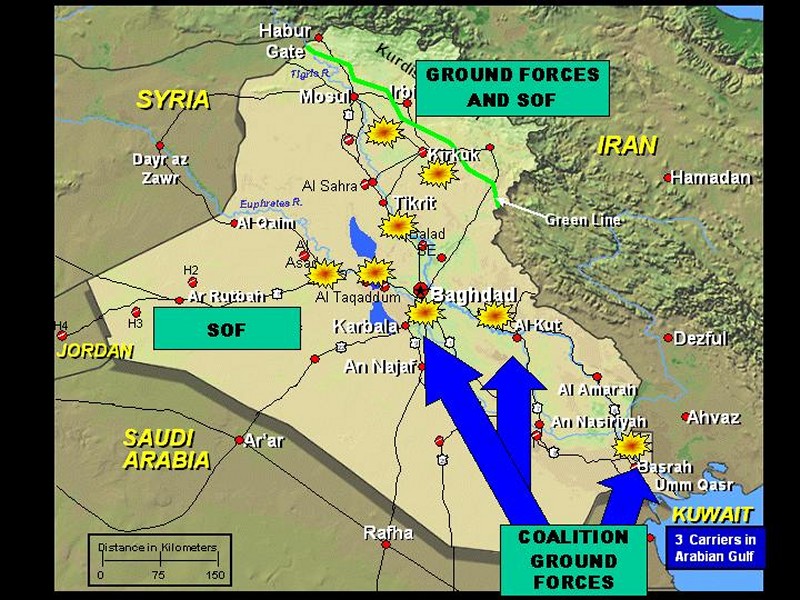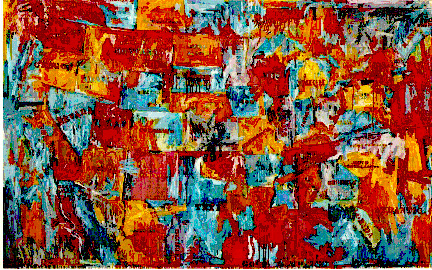Contents
in 14 chapters:
Chapter,
Title
1 Fair Warning
2 The Other America
3 The Walls Closing
In
4 The 'Winner's
Complex'
5 The Politics of "Hard
Money."
9 Why not victory?
10 The End of the Conservative Era
11 America the Possible
12 Machine Politics
13 The Reckoning
"We
live in a country where telling the hard truth with clarity has become a taboo."
p. 1.
". . . a reflexive faith in a bright future. . . ." contrasted
with The Other America
p. 10.
"The
mass culture–marinates Americans in self-congratulation and triumphalism.
We hear the same message from everywhere around us–politics, movies,
talk radio, commercial advertising."
p. 15.
"remain
true to the idea of an invincible America."
p. 25.
"The
panicky crisis that enveloped the US financial system in the early months
of 2008 put the country on the brink of a historic catastrophe."
p. 37.
Key provision
"the
explosive inflation of financial wealth." Federal Reserve policy
p.43
Chapter
6.
"The
USA is ensnared in a perverse symbiosis with China." richest relies on poor
p. 62.
Debtor
nation"
p. 65.
Chapter
7,
"Roughly
speaking, previous eras of industrial revolution have ended in one or more
of these ways." Economic breakdowns,
social unrest, popular rebellions.
p. 93.
"From
being a vigilant defender to being an adventurous aggressor in search of enemies."
p. 117.
"Ignorance
has been a hallmark of modern American war making for decades.
p. 150.
". . . arrived at a critical political juncture that seems
confusing and threatening, but also hints of promising changes to come. The
conservative economic doctrine that has governed the country for a generation
and reshaped society's collapsing."
p. 173.
Chapter
10, The End of Conservative.
"America is in much deeper trouble than is generally
realized and that restoring national well-being will require profound change—a
historic transformation in how we live and work, as well as in how we are
governed."
p. 197.
Chapter
11, America the Possible.
"an
agenda of deep reform." Blocked by corporate and urban machines.
p. 219.
"what
the US faces today is roughly the economic equivalent of WW II."
p. 248.
"the
good times are gone."
p 265.
"Democracy
begins in human conversation. The simplest, least threatening investment any
citizen may make in democratic
renewal is to begin talking to other people."
p. 270.
Chapter 14, The Underground
River.
"Official
America is like a family member who is suffering from debilitating addictions.
Our democracy is desperately in need of dramatic intervention by its sovereign
citizens."
p. 299.
![]()
Commercial
banks, hybrid megabanks, investment houses, related financial firms (brokerages),
unregulated hedge funds
58-59
"Our
immaturity as a nation–is reflected in the Federal Reserves peculiar
status and expressed bluntly by the central bank's growing domination of elected
representatives. The unaccountable Federal Reserve governs our lives as assuredly
as the politicians in Congress or the White House do, but without the inconvenience
of facing elections."
p. 59.
"citizens
are treated like children who are not to be trusted."
Fed-
"wants to act as father figure in this family."
59.
"The
sweep of events over the last thirty years ought to make it clear that this
is not true."
60
![]()
Second Thoughts
112-113
"International
labor rights are central to reforming the global system."
113
"Cheaper
prices can destroy innocent lives, quite literally."
114
". . . reforms to defend justice in the global system."
"If
the wage incomes keep sloping downward, thanks to the race to the bottom,
who in the world will have the wherewithal to buy all this stuff?"
115
"a
more patient version of progress."
"building a global floor for wage levels."
following the policies EU pursued with respect to poorer EU nations
to close the gap.
"to
promote the convergence of Eurpes rich and poor
economies."
115
![]()
The Next War
"This
newly aggressive U.S." the
QDR
"the Long War" Pentagon plan"
117-18
military
"encirclement of Russia," and China
119
"The
pentagon is a machine running out of control without a reliable brake—no
one will say no to its expansive plans."
125
"Given
the nation's weakened financial condition, the Pentagon is headed for an ugly
collision with citizens over its relentless calls for larger military budgets."
125-126
"accepted
wisdom that does not make any sense."
"people would rather have someone who is strong and wrong, than someone who is weak and right."
Quotes Clinton on Bush's Iraq war 2002-2008
125
"They
do not sign up to waste their lives for mindless militarism."
126.
he served in the military
before Viet Nam and of the Viet Nam War he learned
"The
government sometimes lies to the people." "I was shocked to know this."
129.
"Generals . . .fight the last war, because that
is what they know."
p. 134.
Pentagon's
plan for the Long War reveals that very weakness.
"Confusion
over China is a breathtaking example."
134.
"by
2009 US military spending will exceed the Cold War average by 23 percent."
p. 143.
China's
military spending is 1/10 the amount the US spends,
145.
Greenspan's memoirs acknowledging that the "Iraq War was largely about oil."

Bush
speech in September 2007
"Did 'everyone' know that oil was the real cause of
the War?"
148.
Blood
for Oil creates a diabolical set of consequences for the nation. thus
"the United state must undertake a profound industrial transition."
p. 148.
![]()
All references:
Edward
R. Murrow, Harvest of Shame
Rose,
Social Stratification in the US
Postman,
Amusing Ourselves to Death
Sontag,
Regarding the Pain of Others
Greider, Come Home,
America
George
Lakoff, The Political Mind
Fox, precise use of language
Bowers, political ideology of just relations
Bullard, environmental justice, ethnicity and
race
Overseas, or Foreign Press a sampling
USA print media, daily newspapers

